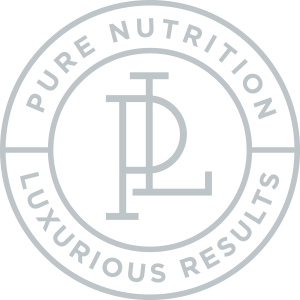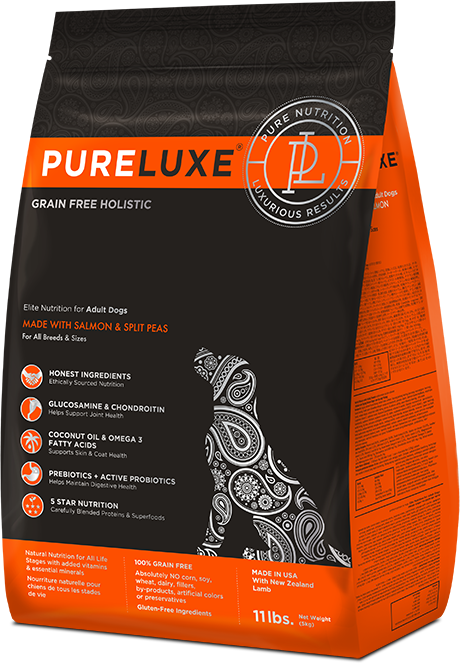- Age and hea
How do you choose the best senior dog food? Consider the following factors:
- Age and health: Senior dogs have different nutritional needs than younger dogs. Look for a food that is specifically formulated for senior dogs and that takes into account your dog’s individual health needs, such as kidney disease, arthritis, or dental problems.
- Calories: Senior dogs often need fewer calories than younger dogs, as their metabolism slows down with age. Choose a food that is lower in calories to help your dog maintain a healthy weight.
- Protein: Senior dogs need more protein than younger dogs to maintain muscle mass. Look for a food with a high protein content, but be sure to avoid foods that are too high in protein, as this can put a strain on the kidneys.
- Digestibility: Senior dogs may have difficulty digesting food, so it is important to choose a food that is highly digestible. Look for a food that contains whole, natural ingredients and that is free of artificial additives.
- Ingredients: Avoid foods that contain artificial ingredients, fillers, and unhealthy fats. Look for a food that contains whole, natural ingredients, such as meat, vegetables, and fruits.
Here are some additional tips for choosing the best senior dog food:
- Read the label carefully. The label should list the ingredients in order of weight, so the first few ingredients should be meat or fish. Avoid foods that contain artificial ingredients, fillers, and unhealthy fats.
- Look for the AAFCO seal. The AAFCO seal indicates that the food meets the minimum nutritional requirements for dogs.
Here’s an Example:
If your senior dog has kidney disease, you would choose a food that is low in sodium and phosphorus. If your senior dog has arthritis, you would choose a food that contains glucosamine and chondroitin (like PURELUXE Dog formulas).
It is also important to transition your dog to a new food gradually over a period of 7-10 days. This will help to avoid any digestive upset.




















